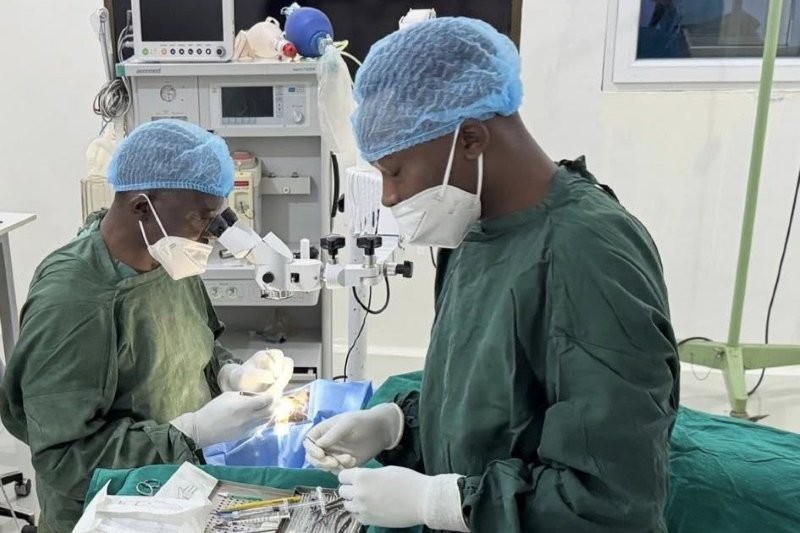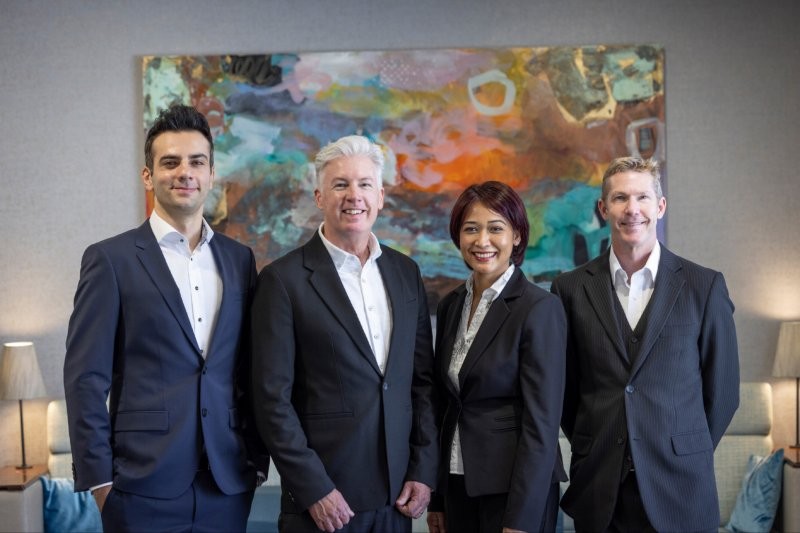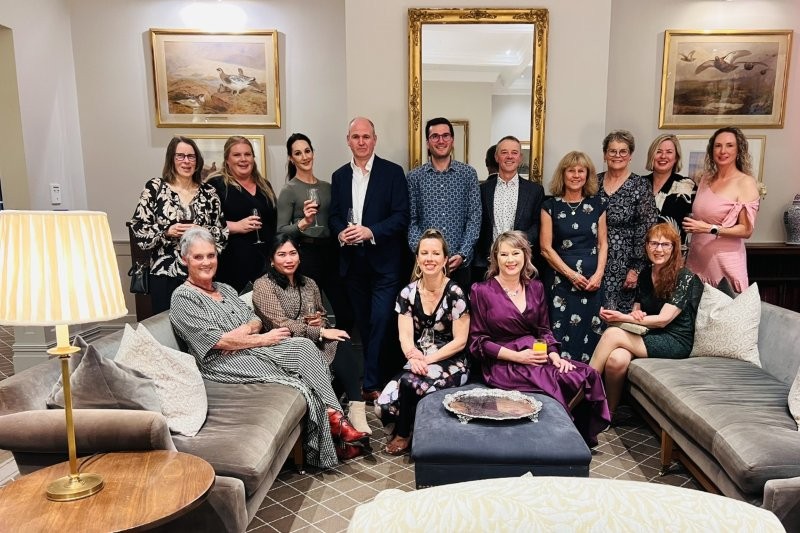MoU for Māori eye health
The Royal Australian and New Zealand College of Ophthalmologists (RANZCO) and Kāpo Māori Aotearoa (KMA) have signed a tatou pounamu (memorandum of understanding) to improve the future of Māori eye health in Aotearoa.
In a room full of goodwill and shared ambitions, senior members of RANZCO and KMA celebrated the signing with a karakia, a waiata and lunch at Auckland Eye. RANZCO director and chair of the Māori and Pasifika Health Committee, Dr Justin Mora, said he was hopeful the partnership will bring much needed change. “Our shared kaupapa (purpose) of striving for equity while supporting Māori to attain self-determination with their health, puts us in a really strong position to move forward and achieve better outcomes. Delivering a culturally safe experience throughout the entire pathway is also of the utmost importance to us, and we’re confident that in working together with the Kāpo Māori Aotearoa team, we will be able to improve in this area.”

RANZCO president Prof Nitin Verma (far left) and CEO Mark Carmichael observe KMA CEO Chrissie Cowan, president Nigel Ngahiwi and RANZCO's Dr Justin Mora sign the Tatou Pounamu
KMA chief executive Chrissie Cowan said it is exciting to work in partnership with RANZCO to develop a Māori-centred approach that improves Māori eye health and wellbeing outcomes in Aotearoa. “The commitment we have each made today signals a positive step in the right direction to achieving our aspirations. We acknowledge the expertise that RANZCO brings and its commitment to building a relationship that is informed, guided by and practices Māori principles and values, including rangatiratanga (self-determination), kaitiakitanga (protection and guardianship) and manaakitanga (respect and generosity).”
The agreement establishes a working group with equal representation to develop, implement, monitor and evaluate an action plan. An annual joint report will also be produced.
“We have a real opportunity here to improve the eye health for everyone in Aotearoa. This agreement puts pen to paper in acknowledging our shared goal and how we can work collaboratively to achieve this,” said Dr Mora.
The tatou pounamu is effective immediately and valid for three years. It will be reviewed in its final year.
























